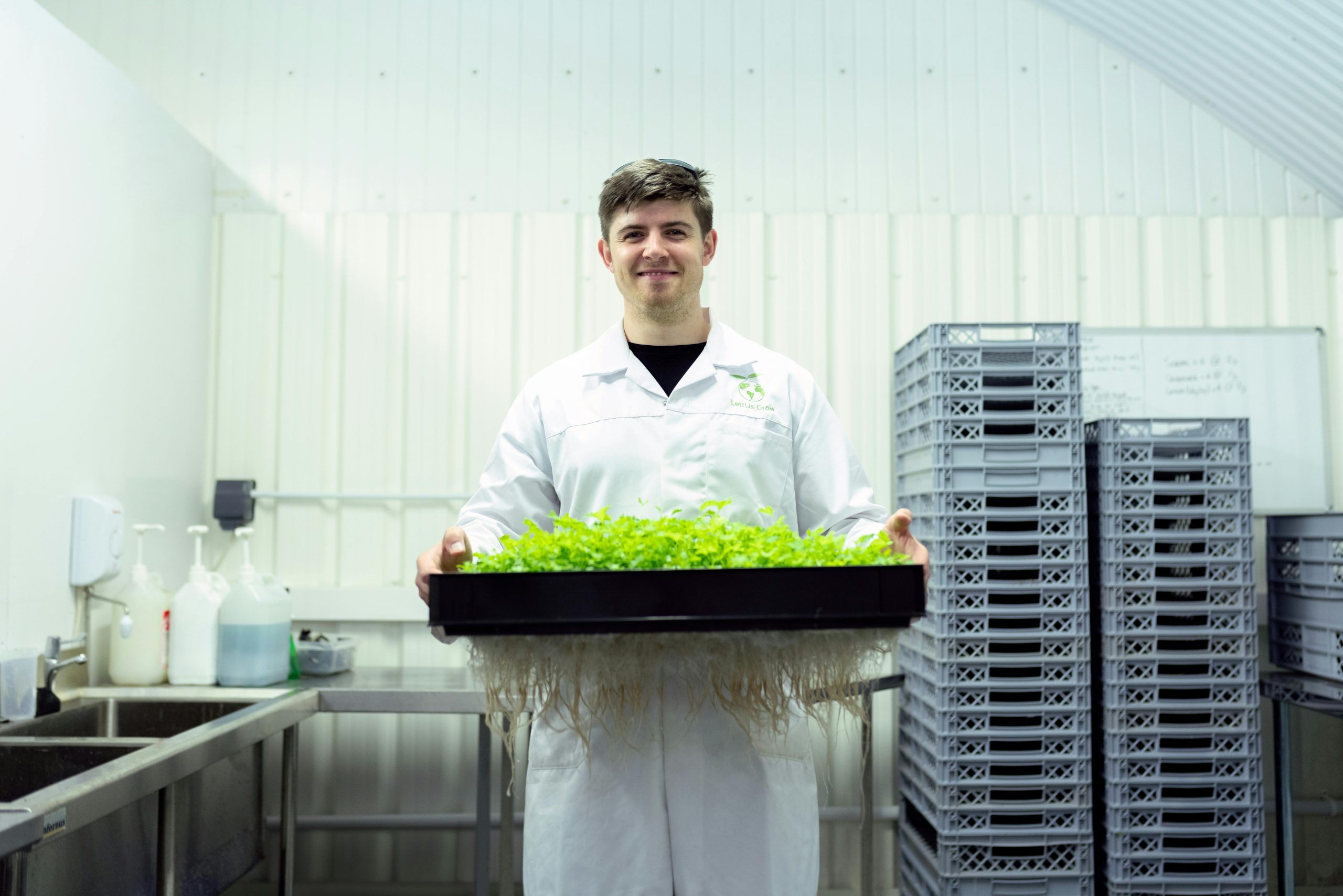Indian agriculture, the backbone of the nation’s economy, is undergoing a massive transformation thanks to the rise of agritech startups. With a growing population and increasing food demand, traditional farming methods are no longer sufficient. Enter agritech—a blend of agriculture and technology—that is revolutionizing how farmers grow, manage, and sell their produce. From precision farming to AI-driven analytics, these startups are empowering farmers with innovative solutions, boosting productivity, and ensuring sustainability.
The Rise of Agritech Startups in India
Over the past decade, India has witnessed a surge in agritech startups, fueled by increasing smartphone penetration, affordable internet, and government initiatives like Digital India. These startups are bridging the gap between farmers and modern technology, offering tools that were once out of reach for small and marginal farmers. Companies like Ninjacart, DeHaat, and AgroStar are leading the charge, providing everything from soil testing to market linkages.
One of the key drivers of this growth is the need for efficiency. Traditional farming methods are often labor-intensive and yield inconsistent results. Agritech startups are introducing automation, IoT devices, and data analytics to help farmers make informed decisions. For instance, sensors can now monitor soil moisture levels in real time, ensuring optimal irrigation and reducing water wastage.
Key Innovations Transforming Indian Farming
Agritech startups are bringing cutting-edge innovations to Indian farms, making agriculture smarter and more sustainable. Here are some of the most impactful technologies:
- Precision Farming: Using drones, satellite imagery, and AI, startups are enabling farmers to monitor crop health, detect pests, and optimize fertilizer use.
- Smart Irrigation: IoT-based systems help farmers conserve water by delivering the right amount at the right time, reducing costs and environmental impact.
- Marketplace Platforms: Digital platforms connect farmers directly with buyers, eliminating middlemen and ensuring fair prices for their produce.
- AI and Big Data: Predictive analytics help farmers anticipate weather changes, crop diseases, and market trends, minimizing risks.
These innovations are not just improving yields but also making farming more resilient to climate change and economic fluctuations.
Empowering Small and Marginal Farmers
Small and marginal farmers, who constitute over 80% of India’s farming community, often lack access to advanced tools and markets. Agritech startups are leveling the playing field by offering affordable, scalable solutions. For example, mobile apps provide localized weather forecasts, crop advice, and even microloans, all at the tap of a button.
Startups like Kisan Network and FarmLink are ensuring that even the smallest farmers can sell their produce at competitive prices by aggregating demand and streamlining logistics. This empowerment is crucial in reducing rural poverty and ensuring food security for the nation.
Challenges and the Road Ahead
Despite the progress, agritech startups face several challenges. Limited digital literacy among farmers, inadequate rural infrastructure, and resistance to change are significant hurdles. Additionally, securing funding and scaling operations remain tough for many startups.
However, the future looks promising. With increasing investor interest and government support, the agritech sector is poised for exponential growth. Initiatives like the AgriStack, a digital infrastructure for agriculture, aim to further integrate technology into farming. Collaboration between startups, policymakers, and farmers will be key to overcoming obstacles and driving widespread adoption.
Conclusion
Agritech startups are undeniably transforming Indian agriculture, making it more efficient, sustainable, and profitable. By leveraging technology, they are solving age-old problems and creating new opportunities for farmers. While challenges remain, the potential for positive change is immense. As these startups continue to innovate, they will play a pivotal role in ensuring India’s food security and economic growth for years to come.
